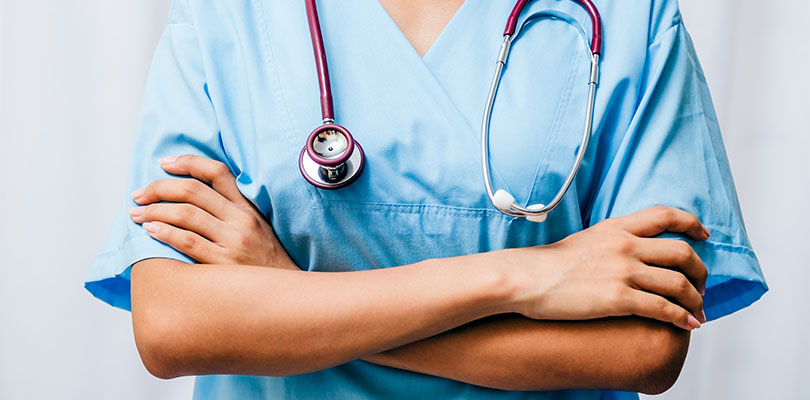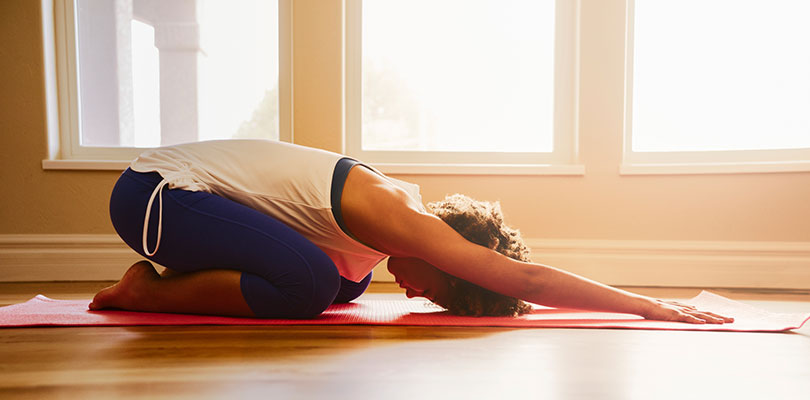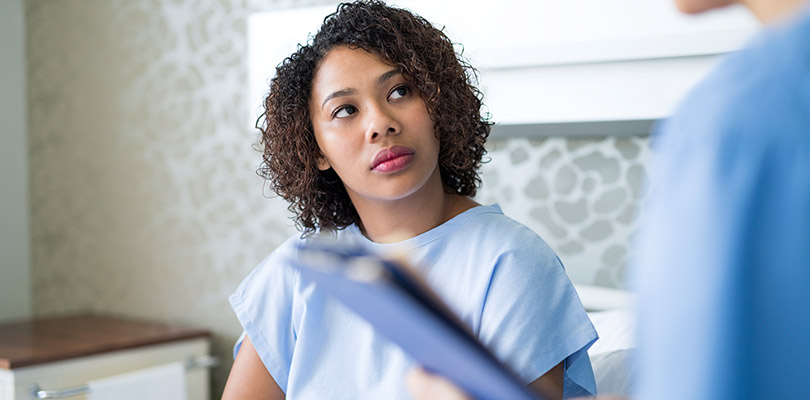What to Expect from Your Gynecologist Appointment
A regular gynecologist or OB-GYN visits are part and parcel of being a woman. It is normal to feel nervous before visiting your gynecologist, especially for the first time.
However, these visits are a great opportunity to ask any questions you may have, and an important way to stay healthy and avoid problems later in life.
What Is a Gynecologist or OB-GYN?
A gynecologist is a doctor who specializes in women’s reproductive health. An obstetrician is a doctor who specializes in pregnancy and birth.
Since many doctors do both of these things, their title is often shortened to “OB-GYN.”
When Should I Have My First Gynecologist Appointment?
It is recommended that you have your first gynecologist appointment between the ages of 13 and 15 years old, or when you become sexually active, whichever is sooner.
What Happens During a Gynecologist Appointment?
During your first gynecologist visit, your doctor will ask you lots of questions about your own and your family’s health history. Some of the questions may be very personal but don’t worry, all of the information you give your gynecologist will be treated confidentially.
It is important to answer any questions from your gynecologist honestly as this will help them to build up an accurate picture of your reproductive health.
Some of the questions they might ask include:
- Questions about your periods – What age did they start? Are they regular? Do you have any pain, cramping or other issues?
- Questions about your vaginal discharge – If you've noticed an increase of mucus, the color of the discharge and smell/odor.
- Questions about your sexual history – Are you sexually active? How long have you been sexually active? Do you have a regular partner? How many partners have you had?
- Questions about any sexual issues – Do you experience pain, discomfort or bleeding during sex?
- Questions about birth control – Are you already using contraception or do you need advice about this?
This is also an opportunity for you to ask your gynecologist any questions you may have about periods, sex or contraception. There is no need to feel embarrassed about this. Any question you may have, you can bet that your gynecologist has heard it before!
During your first gynecologist appointment, you will also have a general physical exam. This includes checking your height, weight and blood pressure. You may be asked for a urine sample to check for any infections or conditions such as diabetes. You could also be tested for sexually transmitted infections (STIs) if necessary.
You will not typically usually have a pelvic exam at your first gynecologist visit unless there is a specific reason such as bleeding or pain. However, your gynecologist may check your external genitals (vulva) and show you how to check yourself too.
What if I Need a Pelvic Exam?
If you need a pelvic exam, you will be asked to lie down with your knees apart. Your gynecologist will first check your vulva, then the inside of your vagina using a speculum. A speculum is a special tool which helps the gynecologist to see your cervix and identify any problems.
Your gynecologist may also check your reproductive organs including your uterus (womb), ovaries, fallopian tubes, and cervix. They do this by inserting one or two gloved fingers inside your vagina and using the other hand to feel from the outside.
You may feel some pressure or discomfort during a pelvic exam, but it should not be painful. If you feel any pain, let your gynecologist know straight away.
Millions of children have a form of eczema. Let's look at the common eczema symptoms, triggers and steps to take to help manage eczema in children.
What Is a Pap Test?
During a pap test or pap smear, a small number of cells are taken from your cervix with a special, brush-like tool. This is to check for any abnormalities that could potentially lead to cervical cancer in the future.
This is why it is very important that all women have regular pap tests from the age of 21 onwards. They can be carried out as part of your routine gynecologist visit.
How to Prepare for a Gynecologist Appointment
You should avoid sexual intercourse or douching for 24 hours before your gynecologist appointment. This is because they can cause irritation and interfere with test results.
There is no need to shave or wax before your appointment. Simply clean yourself using a mild, pH balanced soap or wipe. You may wish to reschedule your appointment if you are on your period.
Your gynecologist will want to know when you last had a period, so make a note of this and bring it with you to the appointment. You should also have a list of any prescribed or over-the-counter medications that you are taking.
It is a good idea to drink plenty of water just before your appointment in case you need to provide a urine sample.
What Else Can My Gynecologist Help With?
As well as helping with any reproductive issues, your gynecologist may also be able to help if you have any questions about your general health. It is especially important to talk to your gynecologist if you have any issues with:
- Weight loss or gain
- Acne
- Emotional changes
- Smoking, alcohol or drugs
- Sex or sexuality
Your gynecologist can also ensure that you are up to date on your vaccinations and give you advice about diet and exercise.
Staying Healthy Between Gynecologist Visits
Between your gynecologist visits, you can maintain your general and reproductive health by doing the following:
- Only use mild, pH balanced products to clean your vagina.
- Avoid douching or using highly perfumed products which can cause irritation.
- Wear cotton underwear and avoid tight-fitting jeans or pants.
- Maintain a healthy weight by eating a balanced diet and exercising regularly.
- Avoid smoking and recreational drugs, and keep your alcohol intake to a minimum.
- Keep up with routine tests, examinations, and vaccinations.
- Keep your number of sexual partners to a minimum and use condoms to protect against STIs.
Your relationship with your gynecologist is a partnership. They are there to help you identify and treat any potential problems before they become serious.
In return, it is important that you are open and honest with your gynecologist, and keep up with your routine visits as recommended. This will allow your gynecologist to do their job effectively and help them to protect your reproductive health, both now and for the future.







